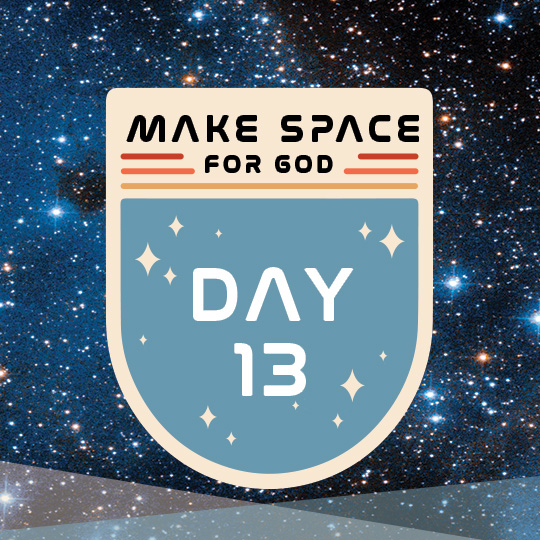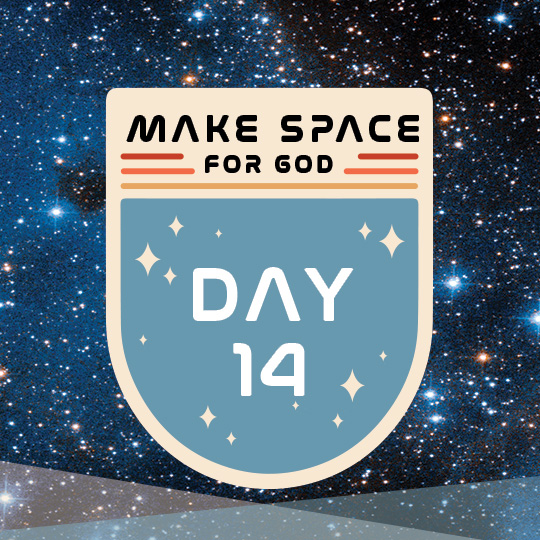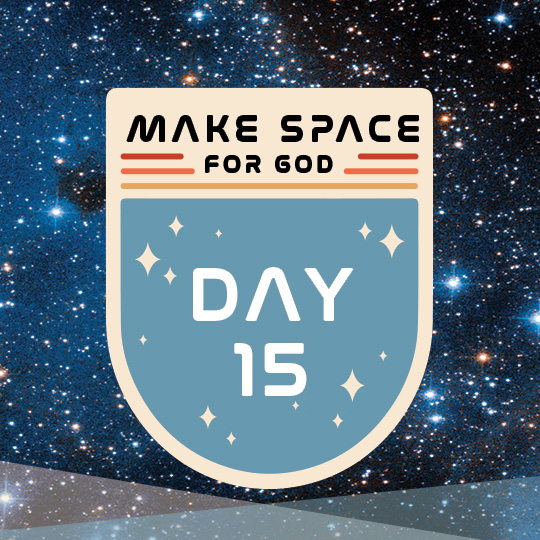Second, consider incorporating a fast into these 21 days of seeking God. The goal of fasting is to draw nearer to God.
Biblical fasting always has to do with eliminating distractions for a spiritual purpose; it hits the reset button of our soul and renews us from the inside out.
It also enables us to celebrate the goodness and mercy of God and prepares our hearts for all the good things God desires to bring into our lives.
Remember, your personal fast should present a level of challenge, but it is very important to know your body, your options, and, most importantly, to seek God in prayer and follow what the Holy Spirit leads you to do.
TYPES OF FASTS
Complete Fast
In this type of fast, you drink only liquids, typically water with light juices as an option.
Selective Fast
This type of fast involves removing certain elements from your diet. One example of a selective fast is the Daniel Fast (more on the Daniel Fast below), during which you remove meat, sweets, and bread from your diet and consume water and juice for fluids and fruits and vegetables for food.
Partial Fast
This fast is sometimes called the “Jewish Fast” and involves abstaining from eating any type of food in the morning and afternoon. This can either correlate to specific times of the day, such as 6:00 am to 3:00 pm, or from sunup to sundown.
Soul Fast
This fast is a great option if you do not have much experience fasting food, have health issues that prevent you from fasting food, or if you wish to refocus certain areas of your life that are out of balance. For example, you might choose to stop using social media or watching television for the duration of the fast and then carefully bring that element back into your life in healthy doses at the conclusion of the fast.
Scripture References:
Matthew 6:16-18
Matthew 9:14-15
Luke 18:9-14
Acts 27:33-37
Nehemiah 9:1-3
A Daniel Fast is based on the following scriptures:
• Daniel 1:3-8
• Daniel 1:11-13
• Daniel 10:3
Specifically, Daniel 1:12 NKJV says:
"Please test your servants for ten days, and let them give us vegetables to eat and water to drink."
Daniel ate only what grew from the ground.
He avoided meat for two reasons:
- It was dedicated to idols and would defile the person who ate it knowing it was dedicated to idols (Daniel 1:8).
- He was abstaining from this food to seek the Lord.
Daniel avoided sweets, desserts, and sugar. He proposed in his heart to find his joy and fulfillment in God, not in food.
Daniel 10:3 NKJV says:
"I ate no pleasant food, no meat or wine came into my mouth, nor did I anoint myself at all, till three whole weeks were fulfilled."
In Hebrew, “pleasant food” translated comes from “chemdah lechem,” which is delightful food, food that one eats for pleasure rather than the purpose of nourishment.
So what do we eat? Keep it simple and follow the leading of the Lord. The purpose of a fast is to seek God, not just go on a diet.
A suggested meal plan:
• Breakfast - Eat fruit until noon.
• Lunch - Eat a large salad with vegetables.
• Dinner - Eat beans and rice, vegetables, or salad.
In the simplest of terms, the Daniel fast is a vegetarian-based meal plan without desserts.























